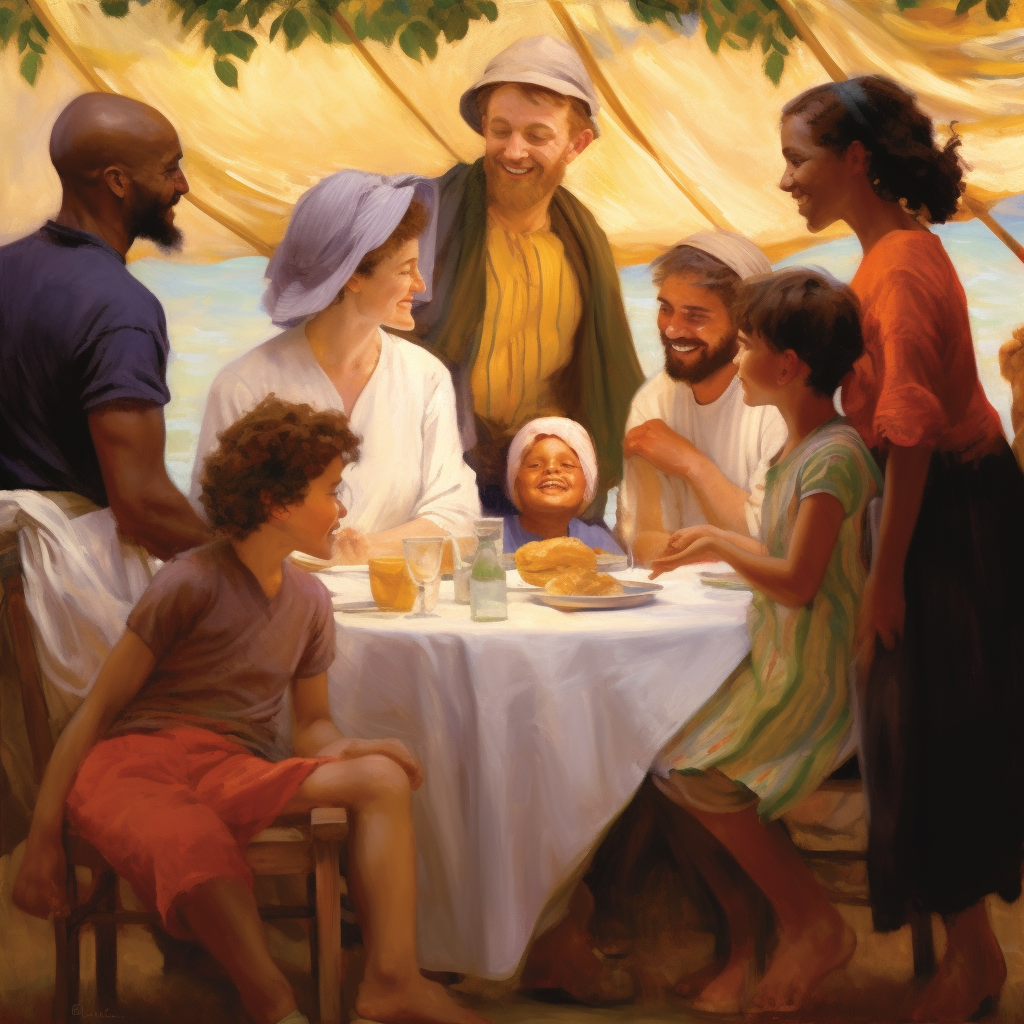[gtanslate]
Opening Verse:
“Gather yourselves together, yea, gather together, O nation not desired;”
– Zephaniah 2:1 (KJV)
Introduction:
The call in Zephaniah 2:1 is both urgent and touching. It is an appeal for repentance and unity, directed at a people who have strayed far from God. As judgment looms, the prophet implores the nation to turn back to God together, as one body, before it is too late.
Devotional Story:
In a small village, a severe storm was forecasted, and the villagers were instructed to gather in a safe haven. Some ignored the warnings, convinced that their homes could withstand the storm. Others thought their individual preparations were enough. Only a handful heeded the call, gathering in the designated shelter.
When the storm came, its fury was worse than anyone anticipated. Homes were destroyed, but those who had gathered together in the safe place were spared. The storm became a vivid metaphor for their spiritual state. They realized that unity and obedience were critical for survival, both physically and spiritually.
Likewise, Zephaniah’s plea reminds us that repentance is not just an individual call—it is a collective one. God desires His people to come together in humility and seek His mercy.
What This Means:
The time for repentance is now. Just as the people of Judah were called to unite in seeking God, we too are urged to turn away from sin as a community. Unity in repentance strengthens our resolve and amplifies our prayers before God.
Think About This:
- How can you encourage repentance and unity in your family, church, or community?
- Are you procrastinating on making things right with God?
- Consider Hebrews 10:25: “Not forsaking the assembling of ourselves together, as the manner of some is; but exhorting one another: and so much the more, as ye see the day approaching.”
Prayer:
Lord, we hear Your call to gather together in repentance and humility. Forgive us for the times we have ignored Your warnings. Help us to unite as Your people, seeking Your face and walking in obedience to Your Word. Let us encourage one another to stand firm in faith. Amen.
Closing Verse:
“If my people, which are called by my name, shall humble themselves, and pray, and seek my face, and turn from their wicked ways; then will I hear from heaven, and will forgive their sin, and will heal their land.”
– 2 Chronicles 7:14 (KJV)








